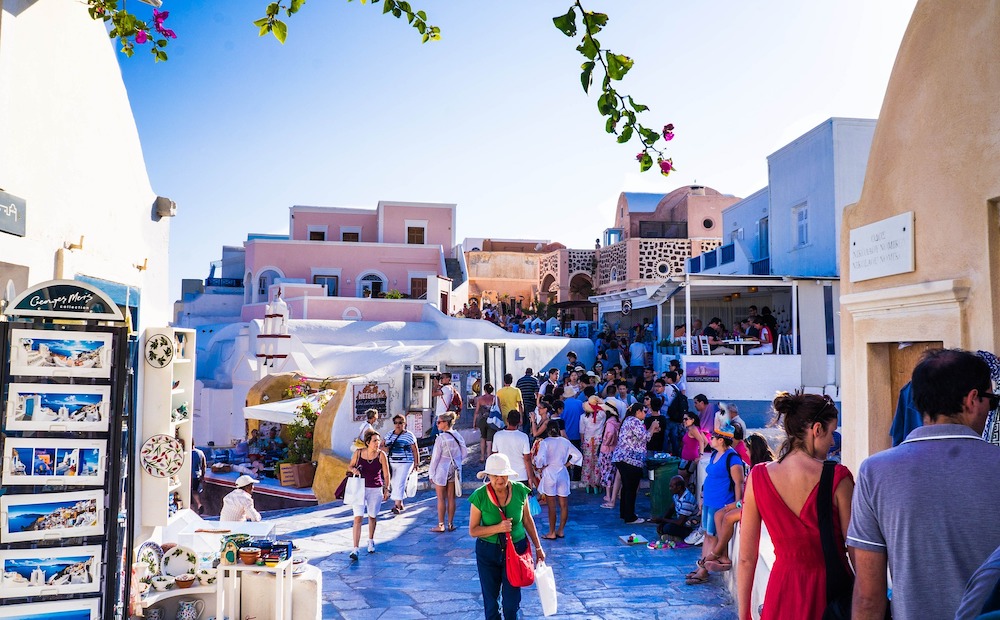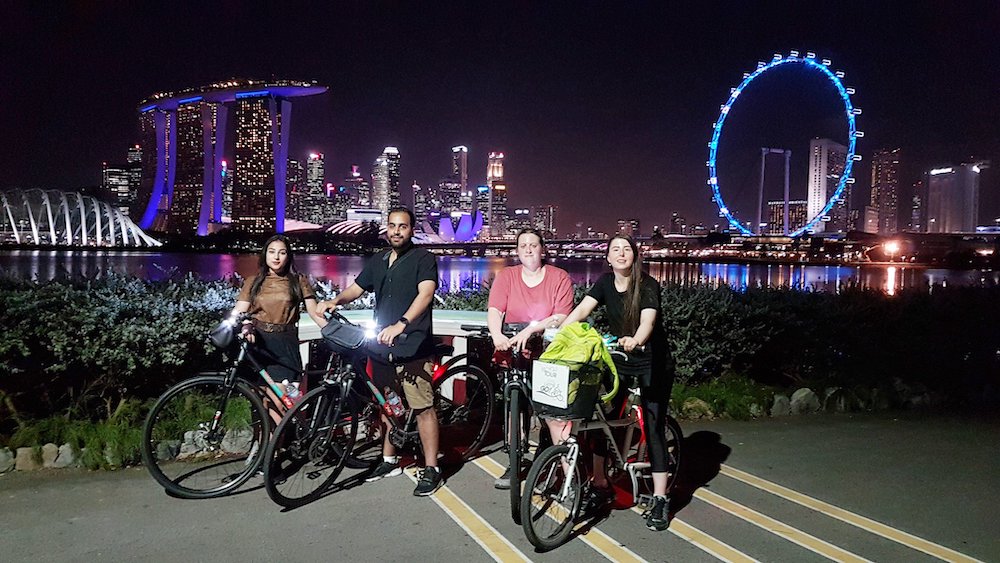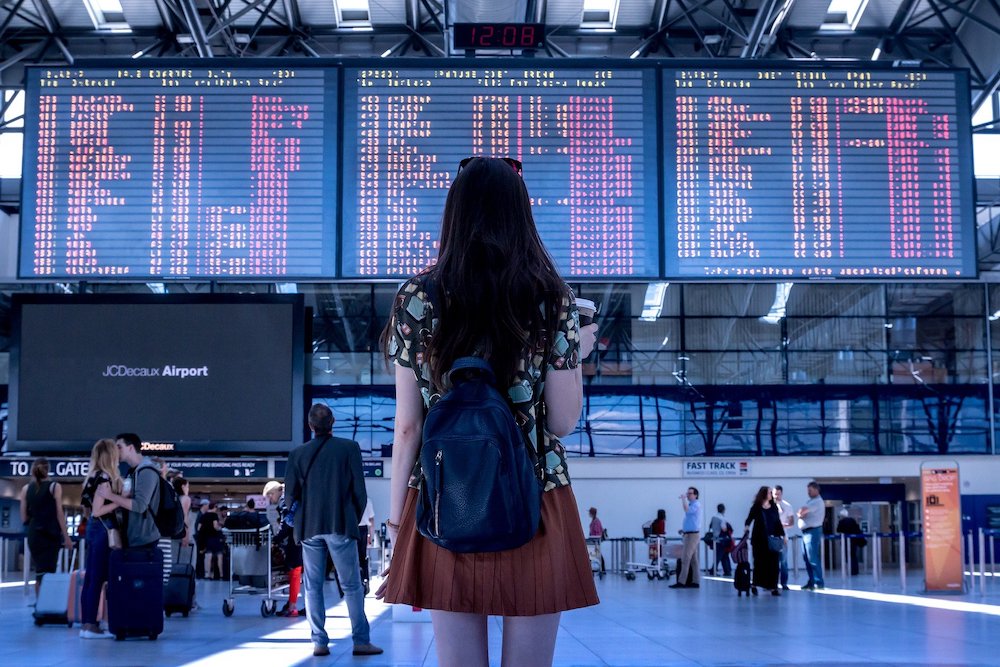Gone are the days where we could travel the world with reckless abandon and at the drop of a pin. Now we’re faced with a grim new reality, where closed borders, quarantine windows, as well as mandated health checks are commonplace.
It suffices to say that the old model of tourism simply won’t work during this ongoing pandemic; the onus hence lies on countries around the world to adapt and honour the age-old adage of ‘changing with the times’. And with tourism revenue being one of the world’s most important drivers of the economy, how exactly are tourism destinations coping with this change of events?
Stay for longer

The first thing that many countries looked to implement was trying to attract individuals to extend the duration of their stay. Glenn Jones, Interim CEO of the Bermuda Tourism Authority, for instance, invites people from New York to stay up to four months — as compared to the initial four-day long weekend.
Bermuda has revised their visitor permit to extend up to 180 days, with the new work permit allowing people to stay for a whole year!
Adopting sustainable tourism
With every dark cloud exists a silver lining; the decline in tourists has given some countries some leeway to take a breather and rethink how they view tourism.

For example, in the past, the staggering number of tourists who visited Santorini on a daily basis proved to be a grave threat to the island’s infrastructure and ecosystem. Now, the founders of the ‘Save Oia’ campaign are able to use this time to re-evaluate how the island can best cope with high tourist numbers without degrading the natural environment.
Rediscover local
Singapore, on the other hand, has directed its focus towards promoting its local attractions. This is especially apt in light of the recent prediction that international travel could take up to three to five years to bounce back to its original rigour!
To move this along, the Singapore government has allocated a $100 tourism voucher to every Singaporean adult (aged 18 and above) in December 2020. Named the ‘SingapoRediscovers Vouchers’, this $100 can be used to off-set costs for a staycation, local attraction or local tour. Each adult Singaporean will also be able to enjoy $10 off tickets for attractions and tours (for up to six subsidised tickets) for those under 18.

In fact, Singapore is pulling out all the stops — the $45-million ‘Rediscover Singapore’ campaign is aimed at helping to boost the local economy. With this campaign, adult Singaporeans can enjoy great deals and discounts with various merchants, where they can enjoy $10 off a Marina Bay Night Cycling tour, score 55% off Jewel’s attractions, and more!
A quick search also revealed multiple new staycation packages that go beyond the usual 2D1N stay. Some even throw in free workshops (dim sum-making or cocktail workshops, anyone?), free room upgrades, spa or dining credits, extended check-out times… the works.
Pushing promotions
This is no time to rest on one’s laurels. The Singapore Tourism Board has created the Tourism Transformation Index, a self-diagnostic tool to help businesses with their digital transformation, as well as upskill their employees. Kevin Cheng, Chairman of the Association of Singapore Attractions, urges businesses to be creative in coming up with new propositions and to embrace the opportunity to pivot in order to continue attracting customers.
Such solutions include planning ahead for future trips. For instance, Anywhr, a Singapore start-up, offered 60% savings on its annual trip planning membership, which entitles members to up to 10 planned vacations a year. This helps to boost the morale of travellers, who are given something to look forward to!
Woopa Group, a local tour operator, is also looking to develop new tours for ‘bleisure travellers’, or those who extend their work trips for a day or two of sightseeing. Klook, an online attractions booking engine, has been aggressively promoting its local attractions and tours as well, with an entire repertoire of specially curated deals and exclusive packages.
What’s next for travel?

So, which direction is travel headed towards? We’ll probably have to wait and see but if there’s anything that we’ve learnt from this pandemic, it’s that we have the power to adapt and change for the better. And who’s to say that the same doesn’t apply to travel?














